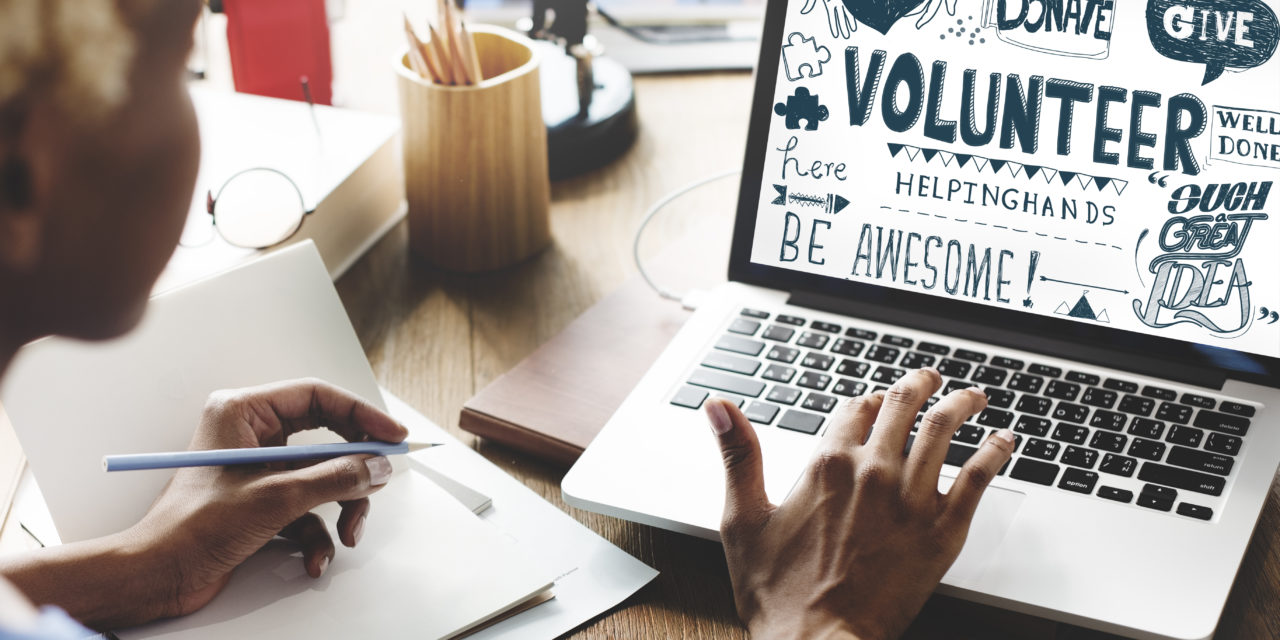My earliest foray into the practice of law was a summer-long volunteer experience with Legal Aid of Northwest Texas, which was also my first exposure to pro bono work. That summer, although my work was limited to clerical duties, such as organizing the nonprofit’s voluminous case files, the discussions I had with the team provided my first introductory lesson on the significance of legal services for the underserved. Ultimately, that initial legal experience greatly inspired me to pursue my current career path. As a student in law school, and indeed in my current professional life, I continue to engage in pro bono work to the best of my ability — not only because I believe I have an ethical responsibility to do so, but also because the experience grounds me and reminds me of why I chose this career in the first place.
From my very first immigration pro bono matter, a U-Visa case that I collaborated on with a fellow 1L and a solo practitioner in Seattle through the University of Washington Law School’s Immigrant Families Advocacy Project, to my most recent experience of serving as a volunteer attorney for a naturalization clinic organized by Asian Americans Advancing Justice, all of my pre-pandemic pro bono work took place in person. With the onset of COVID-19, many attorneys, myself included, have pondered how to remain involved in pro bono work, as we saw various local opportunities that required physical attendance being cancelled or postponed indefinitely.
In the months that have followed shelter-in-place requirements being enforced around the country, it has been incredibly inspiring to see numerous organizations engage in pro bono efforts via technology like Zoom and WhatsApp to connect attorneys with communities in need of legal assistance. Professional friends of mine have participated in virtual pro bono clinics through organizations as near to me as the Asian Law Alliance and as far as the Miami Dade Office of New Americans (“ONA”).
ONA’s clinic last month witnessed incredible numbers, with the registration of 1,053 applicants, submission of 352 N-400 applications, and participation of 258 volunteers. The event’s success was due in part to expansive efforts in utilizing social and local media to educate the community on eligibility for naturalization and to promote the clinic. The high demand for service also resulted from USCIS’s announcement of increasing the application fee from October 2nd onwards, which caused registration numbers to soar. ONA provided training to volunteer attorneys via a series of CLE’s on more advanced issues, and also initiated a WhatsApp group that allowed legal volunteers to answer questions and address issues in real time. Interestingly, despite our current mandated physical separation, technology is allowing attorneys from one side of the country to assist populations from the completely opposite side, leading to connections and services that would have otherwise been nearly impossible pre-COVID-19 and more opportunities for legal professionals to serve communities external to their own.
Recently, as a member of AILA’s National Pro Bono Committee, I conducted an AILA Pro Bono High Five interview with George Pappas, an attorney with almost two decades worth of pro bono experience. When asked why he devotes himself to pro bono immigration work, he replied “I cannot think of a more rewarding experience as an attorney than helping families stay together, protecting civil liberties, and fighting a US government and its agencies who fail to uphold justice and due process.” George’s powerful words and evident passion for pro bono work, coupled with the positive experiences others have shared regarding their virtual service of late, have been truly encouraging for me at this moment in time. I am now looking forward to my very first remote pro bono engagement, perhaps even through one of our Pro Bono Committee’s excellent projects, such as the Military Assistance Program and Immigration Justice Campaign, which are highly recommended. I hope you will consider how to continue engaging in pro bono by visiting AILA’s list of available remote pro bono opportunities, as it is clear that we can still make a significant impact from the comfort of our own homes.







